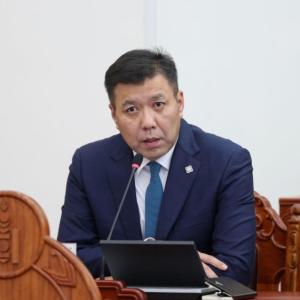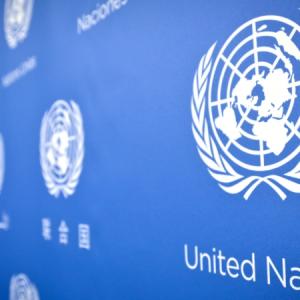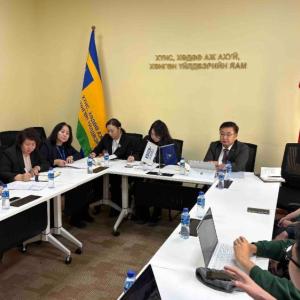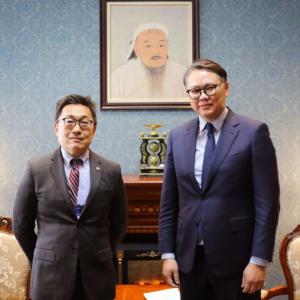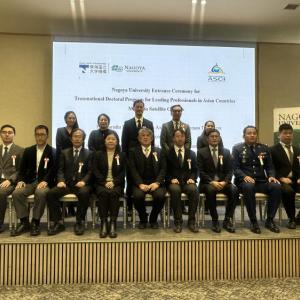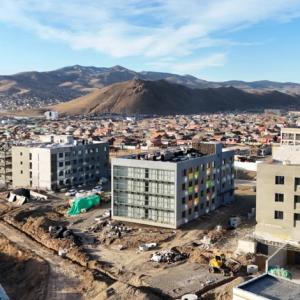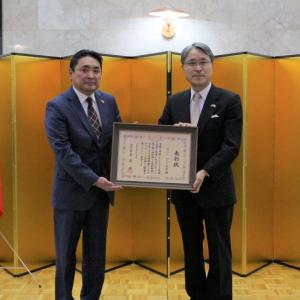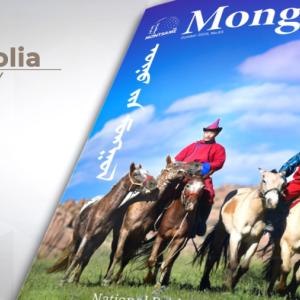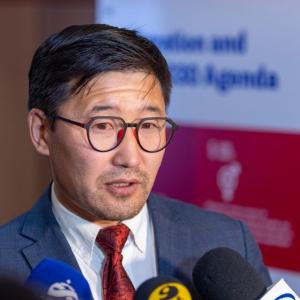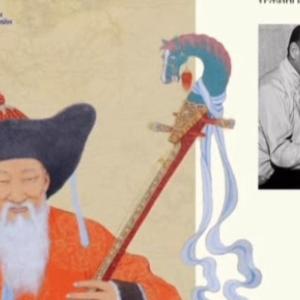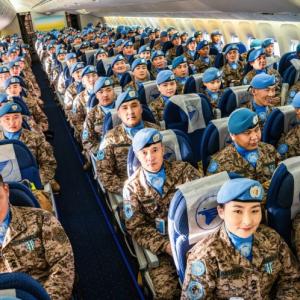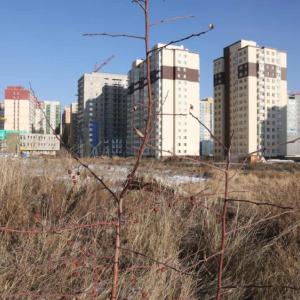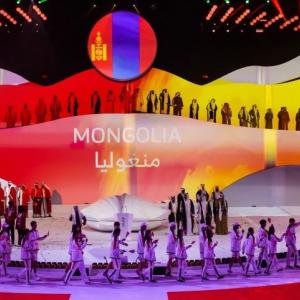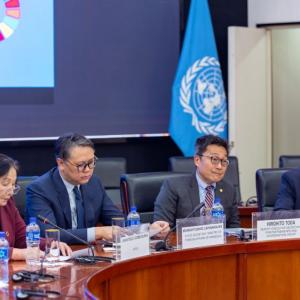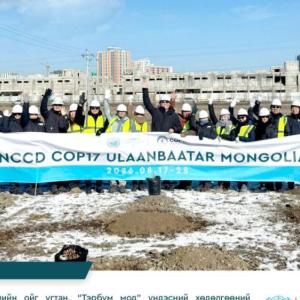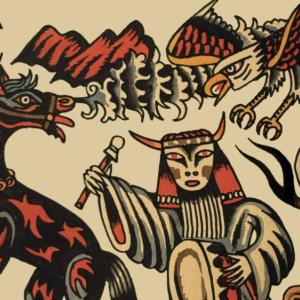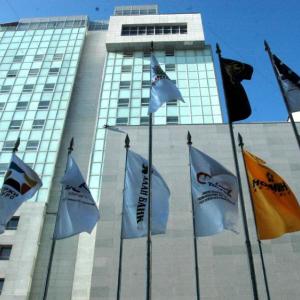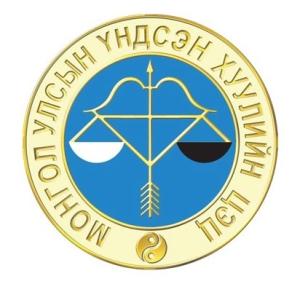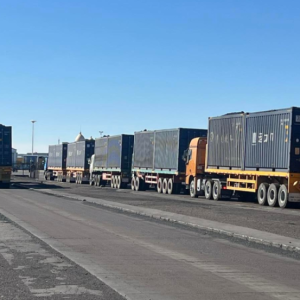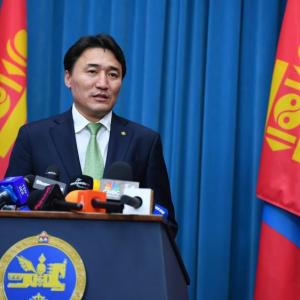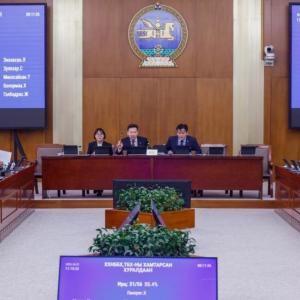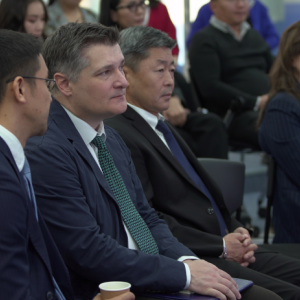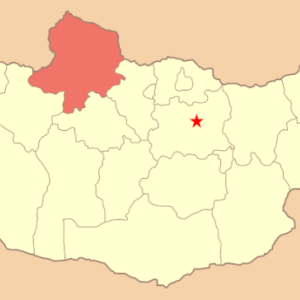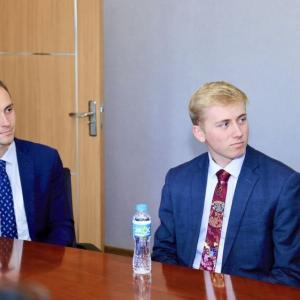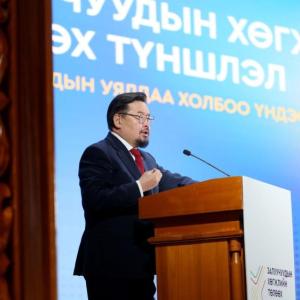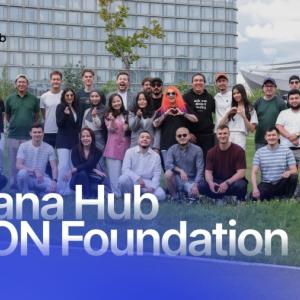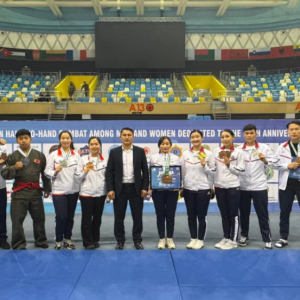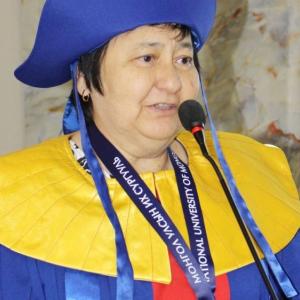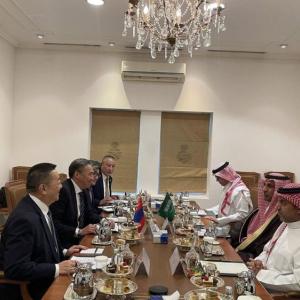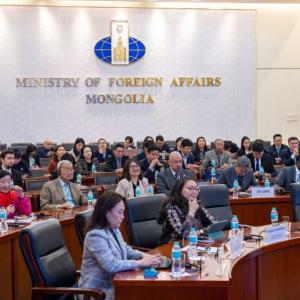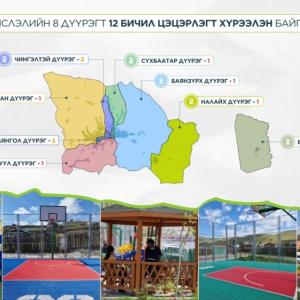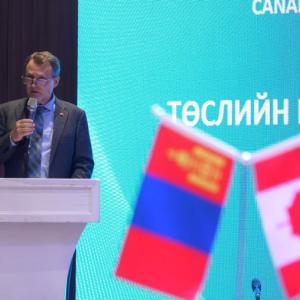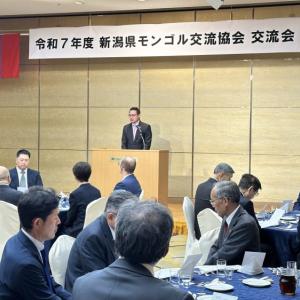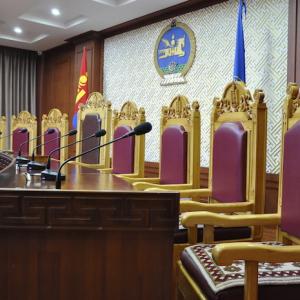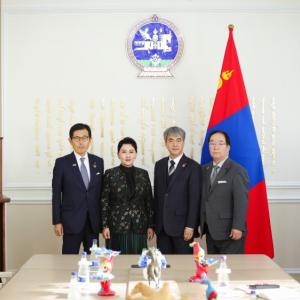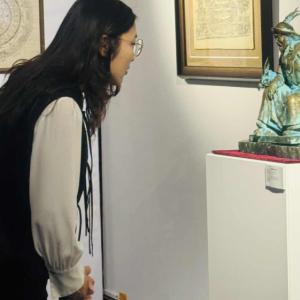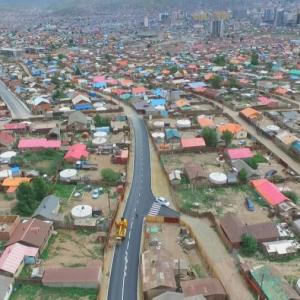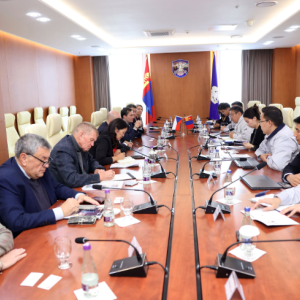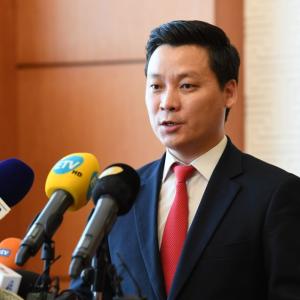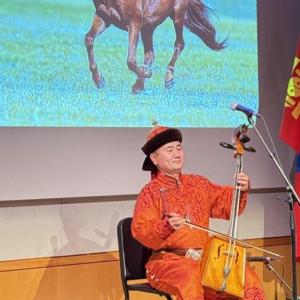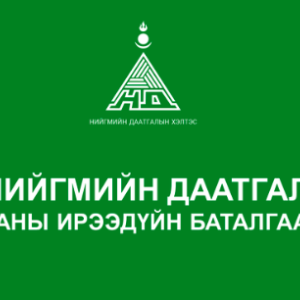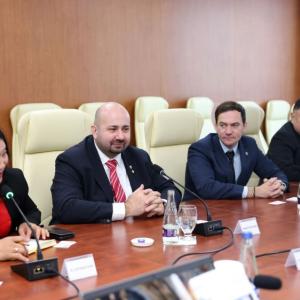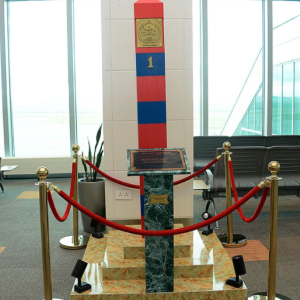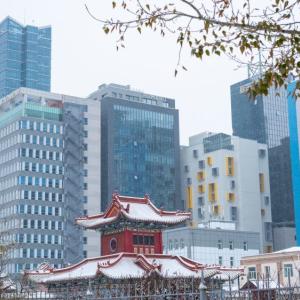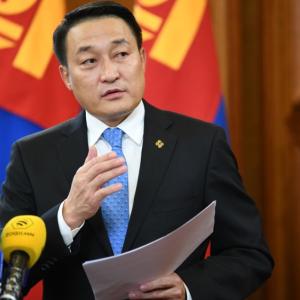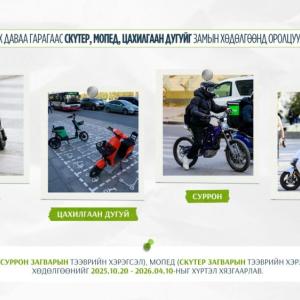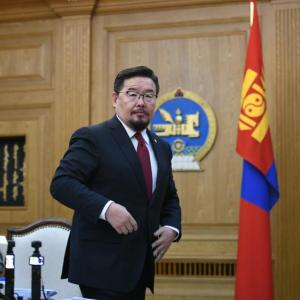Cooperation in Education as a Lasting Legacy of Mongol-German Friendship
Society
Ulaanbaatar, January 31, 2024 /MONTSAME/ Statistical data show there are 30 thousand German-speaking people in Mongolia. This is considered high among other foreign language-speaking people in our country with a population of 3.5 million people.
Education pathways laid by the first Mongolian students to Germany a hundred years ago have never faded at any time since then, during challenging social transformations. It is also an important indicator showing the reputation and popularity of Germany and its people among the Mongolian people. On the eve of the half-a-century anniversary of the establishment of diplomatic relations between Mongolia and Germany, it is worth reviewing a centennial anniversary of relations in the education sector.
After the 1921 People's Revolution, the People's Government of Mongolia established the Minister of Enlightenment, and in 1926 it sent more than 40 youths to Germany and France for study, who became the leading intellectuals of Mongolia in science, education, culture, agriculture, and industry sectors - D. Natsagdorj – the founder of Mongolian modern literature, D. Namdag, N.Navaan-Yunden, D.Surmaajav, and others. Over the 70 years of the socialist regime, Mongolia collaborated with Germany in the education sector, and thousands of Mongolian young men and women received education there. Moreover, the number of young people studying in Germany has not decreased since the democratic revolution in Mongolia.

There are 30,000 specialists who studied in
Germany, mostly in engineering. More than 30 professors at the University of
Science and Technology, for instance, are graduates of German universities who
studied with the scholarships of the German Academic Exchange Service since
1992.
Today in Ulaanbaatar city, the German language
is taught at the school N38 named after Alexander von Humboldt, Deutsche Schule UB,
Goethe International School, and School N1. Some students successfully passed
the 1st level or DSD-1 of the German language exam.
In 2019, 3088 students studied the German language at the School N14. According to the 2019 statistical data, five state-owned universities, as well as one Mongolian-German joint university have German language courses.
There were 321 students of non-linguistic
specialties studying the German language in 2009, and the number increased to 586
in 2019. Scholars conclude that the opportunity to take a German language
proficiency exam to apply to universities in Germany has had a big impact on
improving the quality of German language training in secondary schools and
increasing the number of people studying the German language.
Also, Germany's strong economy and quality
education are key drivers for learning German. The Federal Republic of
Germany’s commitment to free and quality education for all and favorable
conditions for learning draws the interest of students to study at its
universities. In recent years, Mongolian vocational education and training
centers have focused on expanding their foreign relations and cooperation to
improve education quality and introduce technological achievements. The joint
project, implemented by the Polytechnic College of Construction in
collaboration with GIZ (German Corporation for International Cooperation) and
the ZfA (Central Agency for Schools Abroad), introduced German language
training at the Vocational Schools, providing 90 students with the
opportunity to pursue further studies in Germany after completing their
major-related German language training.

The most successful joint project between
Mongolia and Germany is the German-Mongolian Institute for Resources and
Technology (GMIT). The GMIT was established in 2013 in the Nalaikh district of
Ulaanbaatar city to train skilled engineers in science, technology, mining, and
environment under the Partnership Agreement between the Governments of Mongolia
and Germany, signed by President of Mongolia Elbegdorj Tsakhia and Chancellor
of the Federal Republic of Germany Angela Merkel in October 2011. As Mongolia
strives to free itself from the dependence on mineral resources and prepare
future engineering leaders the GMIT was opened under the auspices of the
Mongolian and German Presidents. The German-Mongolian Institute introduces best
practices of German engineering universities, international scientific
experience, and modern academic standards through collaboration with partner
institutions of Germany. The GMIT connects education with industry through
practice-oriented engineering education, helping meet the demand for experts in
Mongolia's mineral sector, increase their value, and contribute to sustainable
economic development.

GMIT is also characterized by the engineering education program and curricula of Germany conducted in English. Therefore, in addition to being employed in large international organizations and projects, the graduates
have the opportunity to continue their studies at the world's top
universities. GMIT aims to become a pioneer in
the reform of higher education in Mongolia and a center for training new
generations of world-class engineers. The Education Office of the GMIT emphasizes the features of the Institute as training and research connected to practice, supporting both the professional and personal
development of students and adhering to European quality standards in teaching
and research.
Currently,
167 students have graduated from GMIT with a bachelor's degree, and 10
students with a master's degree. This academic year, 410 students are studying
for bachelor's degrees and 10 for master's degrees.
An essential
part of the school curriculum is basic and industrial internships. Students have industrial internships in large
companies and gain experience, and many students are currently doing industrial internships in German and European
companies. Students are enrolled in summer courses at the Freiberg University
of Mining and Technology, Germany, and the China University of Mining and Technology in Xuzhou, Jiangsu, China. Among the graduates, many are
working in major companies such as Oyutolgoi, "Mongoliin Alt
(MAK), and Premium Group.
According
to the national rankings of universities determined by the Ministry of
Education, the Center for Educational Evaluation, and the Institute for Quality
of Education Research, following the methodology of Times Higher
Education, GMIT is ranked sixth among the top 10
universities of Mongolia.


 Ulaanbaatar
Ulaanbaatar





